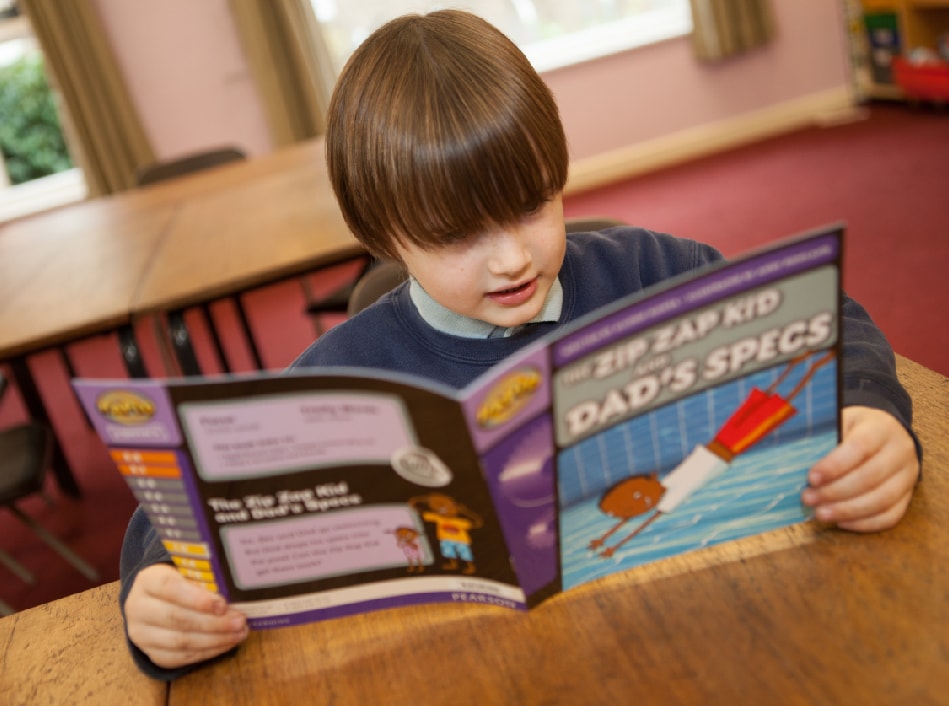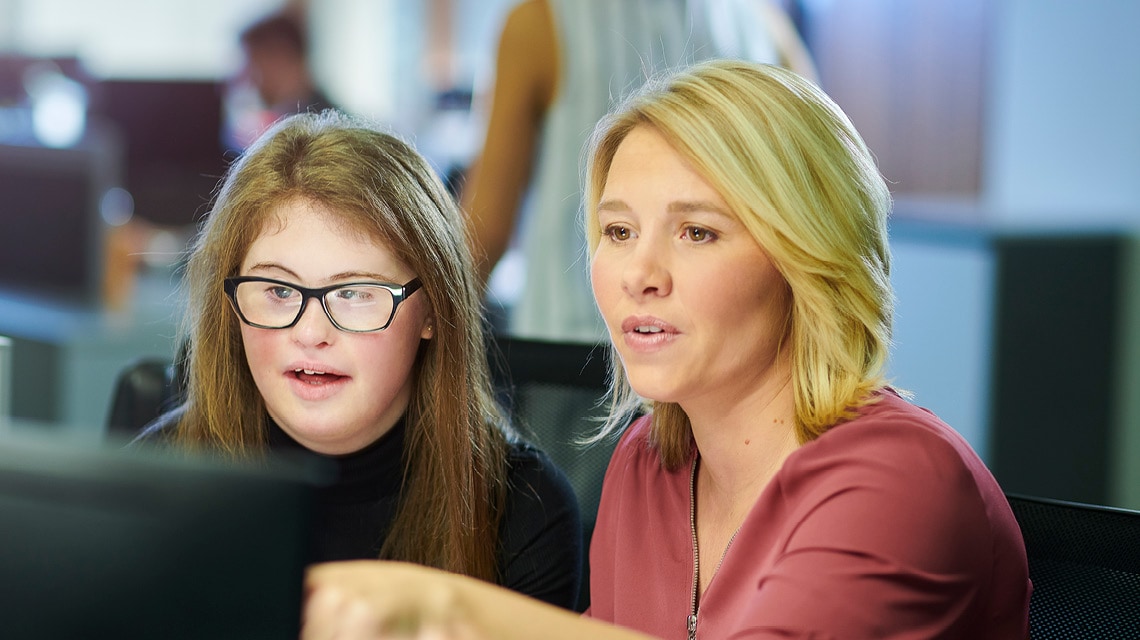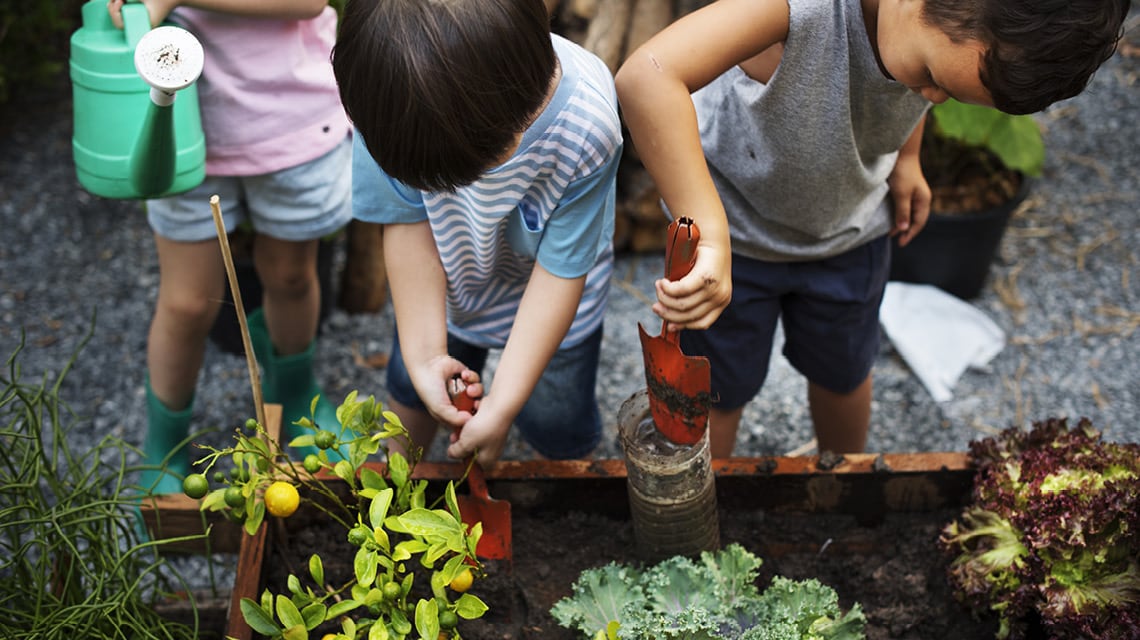A new report from CentreForum says that ‘pupil progress’ should be the principal league table measure for primary schools in England.
The report, sponsored by Pearson, argues that the government should revise its plan to overhaul primary school league tables.
The Chair of the Education Select Committee described the report as “excellent” and said he hopes the Department for Education will “give it the consideration it deserves”.
Government proposals
Under coalition proposals announced in 2014, primary schools in England will be held to account by two new league table measures to replace the longstanding attainment measure.
The present measure requires 65% of pupils in every primary school to achieve level 4 in their SATs exams at age 11. But under the new tougher regime, the expected attainment level per school will be raised to 85%.
Those primary schools that fail to meet this more aspirational standard will instead be held to account by an alternate measure tracking pupils’ progress over time.
The new progress measure will require a baseline assessment of pupils in their first half term of reception. This will be used to measure the progress pupils have made by age 11 compared to others who were assessed to be at a similar level of attainment at the start of primary school.
Make ‘pupil progress’ the principal league table measure for primary schools
While welcoming the government’s push to raise standards for all pupils, CentreForum says that the new regime should be concerned chiefly with measuring pupil progress – as the government resolved to do at secondary school level in response to CentreForum’s earlier analysis.










